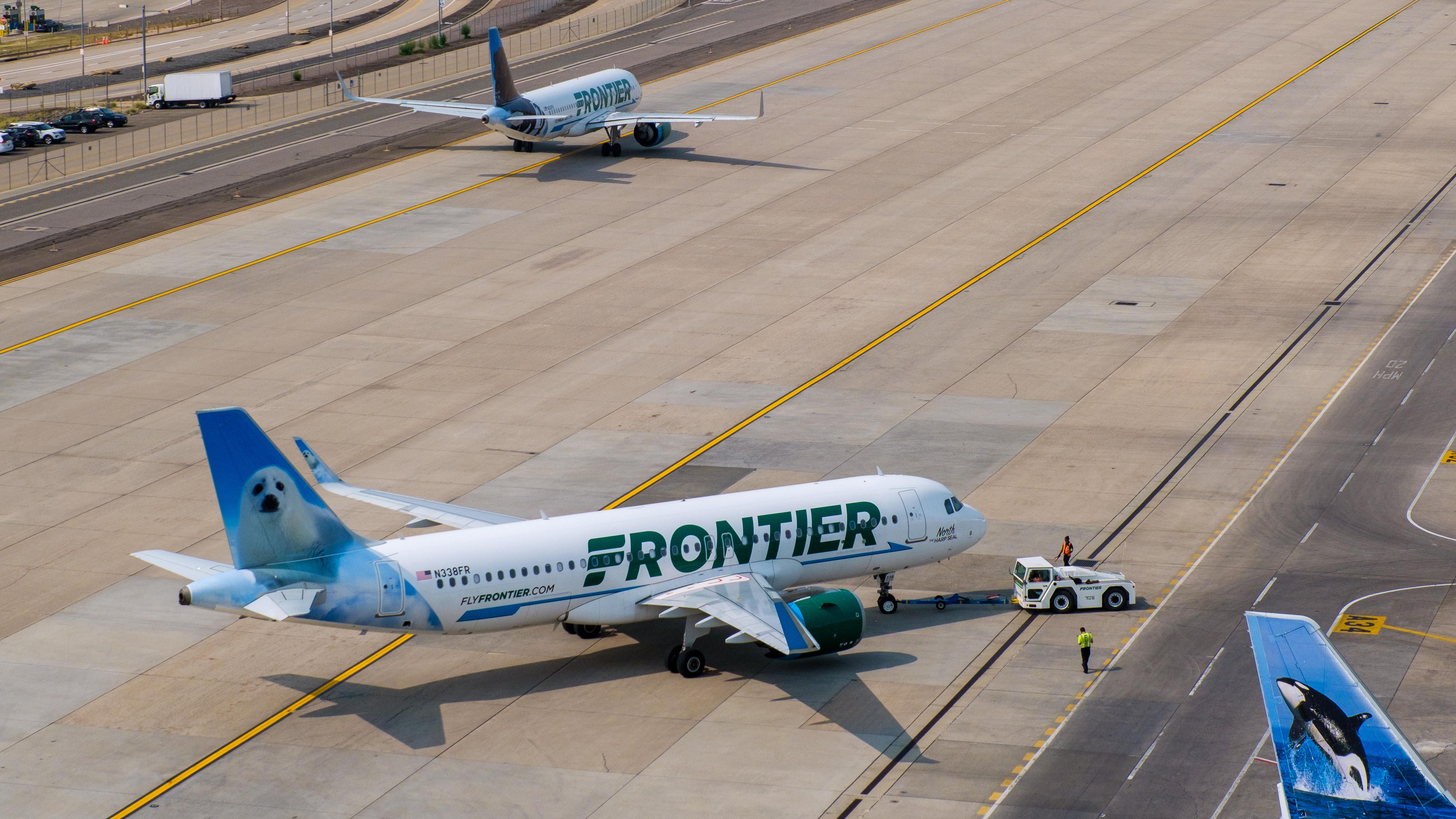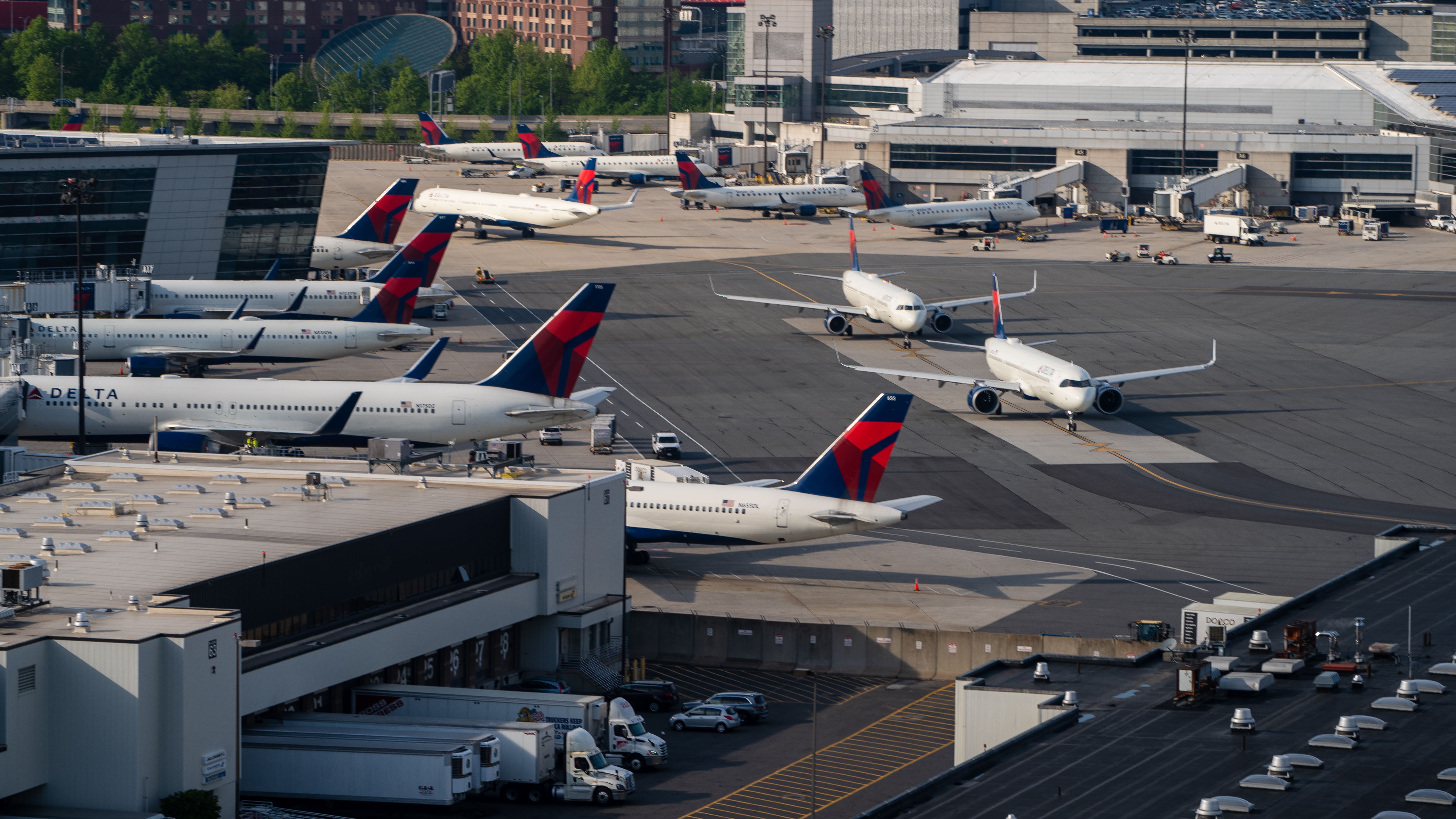Summary
- Airline tickets often come with restrictions, some of which prevent reselling tickets at a higher price.
- Carriers want to prevent customers from buying seats in advance and selling them at a profit, so tickets are often non-transferable.
- Prices of flights increase as the plane fills up, allowing airlines to profit on last-minute ticket purchases.
There was a time when airlines determined airfares based on the actual cost of travel. Depending on the travel distance and allocation of needed resources, airlines would come up with almost a fixed fare to offer their customers. This fare would fluctuate ever so slightly depending on how and where it was purchased. Tickets directly purchased from the airline’s office would generally be marginally cheaper than those from travel agents.
Today, along with the flexibility of online ticketing and a variety of available fare types, the cost of flights fluctuates significantly based on an extensive range of factors. Airlines run complex algorithms behind the scenes that determine prices at any given time. This has led to numerous fare policy restrictions, and passengers oftentimes become victims of such fine print.
Name changes on purchased tickets
Have you ever misspelled the passenger name on the ticket and, upon realization, tried contacting the airline, only to learn it was too late? Name change is one of many restrictions that airline tickets come with. Most airlines do not allow travelers to change passenger names after a ticket has been purchased. That said, some airlines may allow the correction of typos or small changes (typically up to three letters in these cases) to someone’s name on a ticket.
Photo: Denver International Airport
Airlines also require passengers to spell their name exactly as it appears on their official travel document. That eliminates any room for error and, especially, typos in passenger names. Some airlines and third-party ticket sellers may allow travelers to cancel their flights for a full refund within 24 hours of their purchase. However, changing passenger names is either entirely restricted or allowed at a price. Irrespective of the provision, name changes are generally discouraged on purchased tickets.
Why do airlines do that?
With wide fluctuations in airfare, purchased tickets can become more valuable, particularly closer to the flight date. As such, people may abuse the system by purchasing tickets well in advance, only to sell them at a higher price to someone who would actually fly on it.
Airlines want to prevent themselves from selling their assets to customers who can potentially flip them for a more competitive price. Transferable tickets can create a secondary market where the airline may initially benefit from the sales, but resellers may end up making more profit on the ticket than the entity that provides the service.
Photo: Delta Air Lines
Resellers can also purchase blocks of tickets when they are the cheapest (generally 3-6 months before the flight) and sell them with a markup. Airlines have come up with non-transferable tickets generally offered at a discounted rate far in advance.
Prices gradually increase as the flight starts to fill up. Airlines use smart algorithms that jack up the price at certain occupancy limits. Air carriers can make a significant amount of profit off of last-minute ticket purchases when passengers have to fly on the spot. This strategy helps airlines recoup the money lost from selling cheaper fares in the beginning. That way, they ensure that flights are operated with a substantial occupancy rate while also generating a profit.
What are your thoughts on the passenger name change provision after purchasing the ticket? Have you been in a similar situation? Share your experience in the comments section.
Source: Alaska Airlines



